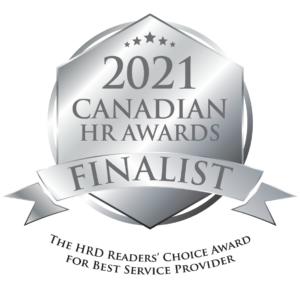| Diversity, Equity, and Inclusion (DEI) initiatives have become integral to modern workplace strategies, reflecting an increasing awareness of the need to create environments where every employee feels valued and empowered. The benefits of DEI are multifaceted. A diverse workforce brings together individuals with varied perspectives, experiences, and problem-solving approaches, fostering innovation and creativity. This diversity of thought can lead to unique ideas and solutions, and companies with higher diversity often outperform their peers both creatively and financially. Additionally, an inclusive environment where employees feel respected and valued tends to enhance engagement and job satisfaction, leading to higher retention rates. Employees who believe their organization is genuinely committed to DEI are more likely to stay, reducing turnover and the associated costs of recruitment and training. Diverse teams also tend to make better decisions, as the presence of multiple perspectives allows for a more comprehensive evaluation of risks and opportunities, leading to improved business outcomes. Furthermore, organizations that prioritize DEI become more attractive to job seekers, particularly younger generations who view diversity as a key factor in their employment choices. This can enhance a company’s employer brand and provide a competitive edge in attracting top talent. In a globalized market, a workforce that reflects customer diversity can better understand and meet the needs of a broad customer base, improving satisfaction and loyalty. |
| However, there are potential pitfalls to DEI efforts. One of the significant risks is superficial or tokenistic implementation. If DEI strategies are not genuinely embedded into the organizational culture, they may lead to resentment and disengagement among employees. For instance, promoting diversity in hiring without addressing issues of inclusion or equity might result in high turnover among diverse hires. Resistance and backlash are also common challenges. Employees who feel threatened by changes or perceive them as unfair might oppose DEI initiatives, either overtly or passively, which can undermine their effectiveness. Careful management and clear communication of the value of DEI are crucial to mitigating this risk. Additionally, DEI initiatives can sometimes have unintended negative consequences. For example, diversity training that focuses too heavily on differences might inadvertently reinforce stereotypes instead of dismantling them. Similarly, well-intentioned equity programs might lead to perceptions of reverse discrimination if not handled transparently. Another challenge is the overemphasis on demographic diversity. While factors like race, gender, and age are important, focusing too much on these can lead to a narrow view of diversity. True inclusivity involves valuing differences in perspectives, experiences, and skills, not just visible characteristics. Finally, measuring the success of DEI initiatives can be difficult. While demographic metrics are easy to track, assessing the effectiveness of inclusion and equity efforts requires more nuanced approaches, and organizations might struggle to find the right metrics, making it hard to demonstrate progress and adjust strategies as needed. While DEI initiatives have the potential to transform workplaces for the better, driving innovation, improving employee satisfaction, and enhancing business performance, they require a genuine commitment to cultural change. Organizations must be willing to navigate the challenges and potential pitfalls to create environments where all employees can thrive, contributing to a more equitable and inclusive society. |
 For more information about DEI or any other HR initiative, please contact us for an initial consultation. You can visit our website at For more information about DEI or any other HR initiative, please contact us for an initial consultation. You can visit our website atwww.peakperformancehr.com To explore how our fractional HR solutions can support your organization, email us at [email protected] or call us 1-800-674-3471 Ext. 700 or book a time that works for you by clicking here: Peak Performance HR Calendly |

